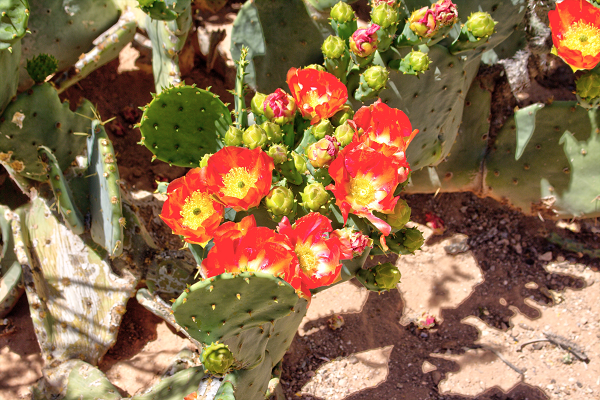
Hello again Science Fans!
First off, Happy Easter, Passover, Ramadan, or whatever you are celebrating today.
I’m happy to report that my Ukrainian friend successfully got out of the country to safety with her daughter. So many have not been able to, or lost their lives trying. Imagine the uncertainty she faces now, in a country where she doesn’t speak the language and has no social support. Her daughter fell and chipped one of her front teeth yesterday. At home, that would prompt a quick visit to the doctor. Now, she’s unsure what to do. It is a daunting situation, but much better and safer than what she left. I applaud her bravery, and that of all the victims of this war.
The SciSchmooze event listing is longer than usual this week, mainly because of the Bay Area Science Festival, which returns this week and runs through next weekend. There are many events each day, almost all are free, and many are aimed at younger, budding scientists. Check out the listings on our calendar, or at the festival’s website. During the festival, the California Academy of Sciences, the ExplOratorium, and the Tech Interactive museum are offering discounted admissions. Details here.
It is nice to see the Festival’s outdoor events return. Stanford is also resuming on-campus lectures, as are other organizations. But there are some that I hope remain online. For example, while attending SETI Institute lectures in person has always been worthwhile, the lectures are available to the world when done online, and attendees have been from all corners of the globe.
The reduction or elimination of restrictions on events, screening, masks, etc. raises the question of whether or not we should be reducing these safeguards. Unfortunately, as with so much of the information about this virus and the pandemic, there is no clear answer. This NY Times article goes into quite a bit of detail about the effort to quantify COVID’s risk. While it is behind a paywall, you should be able to view it.
At a personal level, I’ve wondered when is the best time to get the second booster. I’m eligible for it. There is some evidence that a second booster would not be as effective as the first one, at least in terms of longevity. So if I had good antibody levels now, would it make sense to wait until those levels come down? I asked my doctor and we decided I should take an antibody test. It turns out there are several of these, offered by different manufacturers, and the results can’t be compared with those of the other manufacturers. A friend has been getting tested regularly and been tracking his results. Following his first booster last fall, his antibody levels exceeded the sensitivity of the test and they have remained there every since. The test I took is similar, but from a different lab and manufacturer. My doctor’s interpretation is that my antibody levels are still very high and he recommended I wait until infection levels rise enough in my area to make me nervous. As the NY Times article says, “Like it or not, the choose-your-own-adventure period of the pandemic is upon us.” Here’s another take on this “now or later” question from an epidemiologist who has reviewed the research, and another NY Times article on how to prepare for the next wave.
Friday is Earth Day. We need so much more than a day to call attention to climate change and the consequences. Take, for instance, the thawing of permafrost and what it means to the Arctic. (If permafrost isn’t frozen any more, shouldn’t it be called something else?) At the other end of the temperature spectrum, more than half of Cactus species could be in danger from rising temperatures. While we mostly think of cactus as prickly and unfriendly plants, they can also be sources of great beauty, as the picture above illustrates.
Meanwhile, temperatures in Neptune’s atmosphere are changing wildly.
A comet from the Oort cloud is coming, and it is huge! It is larger than Rhode Island! It will miss us by quite a bit, and won’t be here for nine more years, so no need for concern, yet.
I’ll be back next week with another edition of the SciSchmooze. Have a great week in science!
Upcoming Events:
Click to see the next two weeks of events in your browser.
